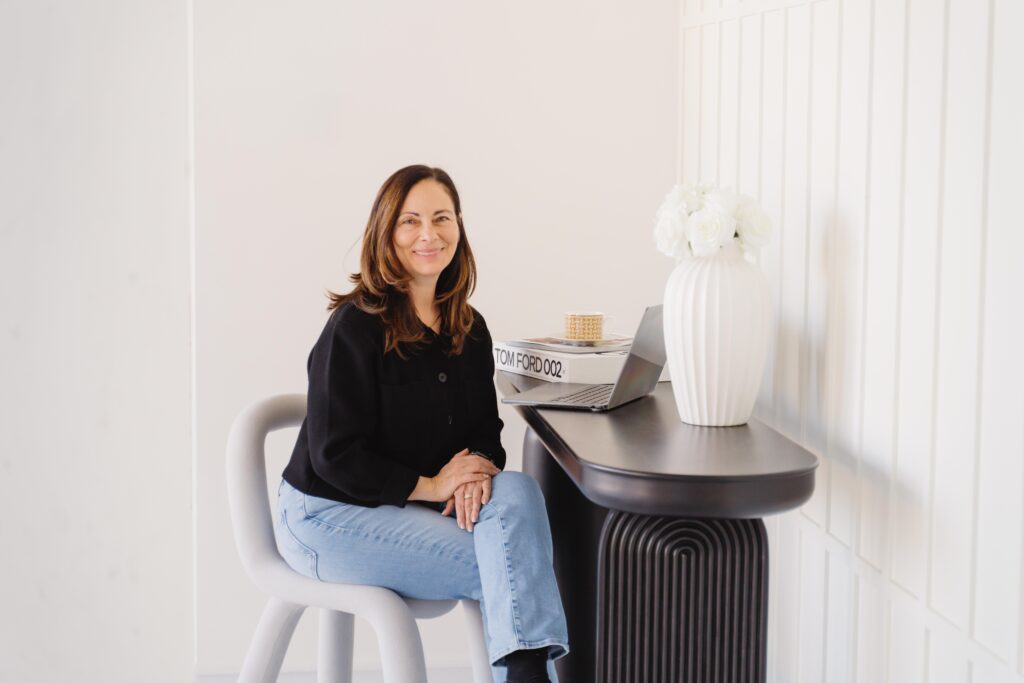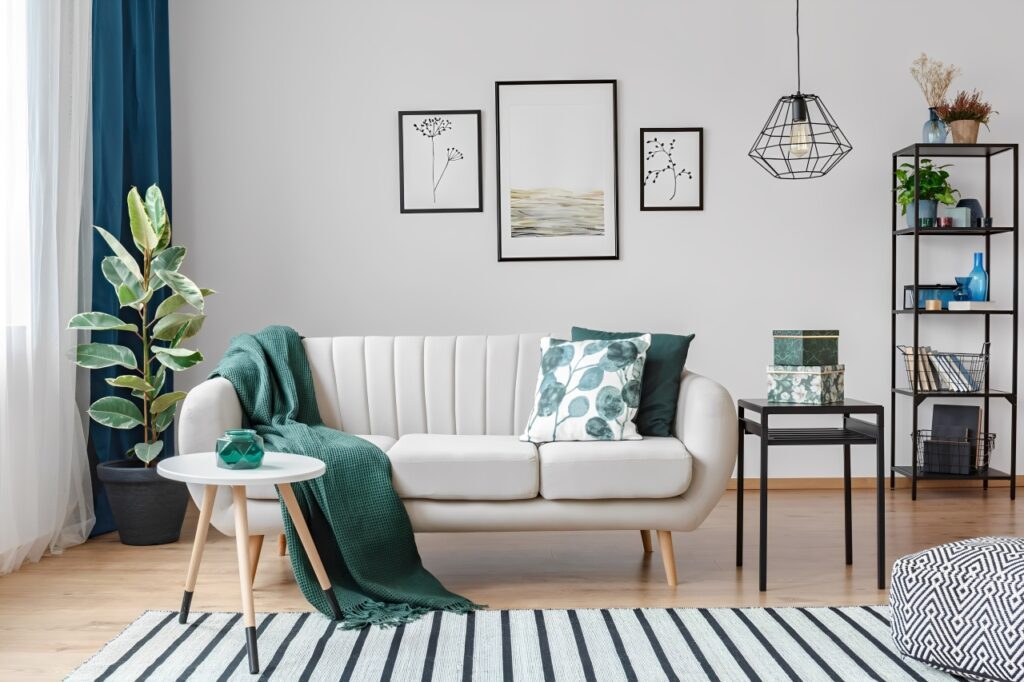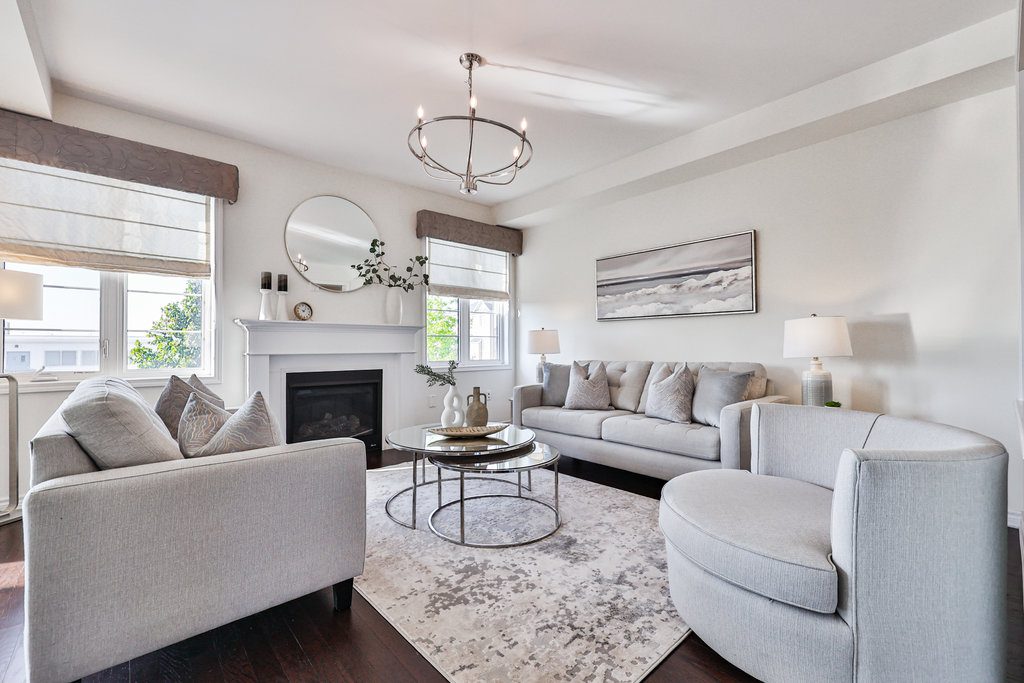🏡 Why Hiring a Real Estate Agent in 2025 Is Still a Smart Move
In today’s digital world, it can be tempting to think you can buy or sell a home on your own. After all, you’ve got online listings, mortgage calculators, and neighborhood data at your fingertips. But behind every smooth real estate transaction is a great deal of work—and often, a great agent.
Whether you’re a first-time buyer, a seasoned seller, or somewhere in between, having an experienced real estate professional by your side can save you money, time, and stress.
Here are 10 compelling reasons why working with a real estate agent is still the smartest move in 2025:
1️⃣ Pricing Expertise That Pays Off
Real estate agents are market experts. They perform detailed Comparative Market Analyses (CMAs) to help sellers price competitively—and help buyers avoid overpaying. Their insight into current trends, local demand, and historical pricing ensures you’re working with numbers that make sense.
2️⃣ Exclusive Access to the MLS
The Multiple Listing Service (MLS) is the heartbeat of real estate data. While consumer sites show listings, they often miss out on real-time updates or full details. Agents use the MLS to help you access the most accurate, up-to-date properties—often before they hit public platforms.
3️⃣ Powerful Negotiation Skills
Real estate agents are trained negotiators. They know when to push, when to wait, and how to approach offers and counteroffers to maximize value for you. Whether it’s price, repairs, or contingencies—your agent acts as a strategic, emotionally neutral advocate.
4️⃣ A Paperwork Pro
From contracts to disclosures to inspection reports, real estate involves a mountain of paperwork. Your agent will handle it with precision, ensuring every form is filled out correctly, signed where needed, and submitted on time—so you avoid costly delays or legal issues.
5️⃣ In-Depth Market Knowledge
Agents stay in tune with local and national trends, giving you insight into the best times to buy or sell. They can also suggest alternatives—like investing in up-and-coming areas or selling your current home before buying your next one. It’s expertise you simply can’t get from a search engine.
6️⃣ A Trusted Professional Network
Need a lender? A home inspector? A moving company? Your agent has you covered. Tap into their vetted network of service providers—saving you hours of research and helping you avoid unreliable options during a time-sensitive process.
7️⃣ They Save You Time
Real estate agents do the heavy lifting. From scheduling showings to coordinating inspections and marketing your listing, they handle it all. Many even drive you to viewings, freeing you up to focus on decisions—not logistics.
8️⃣ Emotional Support (Yes, Really)
Buying or selling a home is emotional—there’s no way around it. An experienced agent helps keep you grounded, offering objective advice during high-stress moments. They celebrate your wins and help you bounce back from disappointments, acting as both advocate and coach.
9️⃣ Contract Confidence
Real estate contracts are legally binding. Even a small oversight can lead to big problems. Your agent ensures everything is accurate, complete, and legally compliant—giving you peace of mind and a solid foundation for your transaction.
🔟 Ongoing Support After the Sale
A great real estate agent isn’t just there for the closing—they’re in it for the long haul. Whether you need a handyman, another property, or advice on the market down the road, your agent is part of your trusted post-sale support team.
🏠 So… Should You Hire an Agent?
Yes—especially if you want the process to be smooth, efficient, and financially smart. While DIY real estate is technically possible, the risks often outweigh the savings. Hiring a qualified real estate agent means getting a trusted partner who looks out for your best interests from start to finish—and beyond.
Thinking of buying or selling? Reach out to a local agent today. You’ll be glad you did.
Source: RE/MAX












